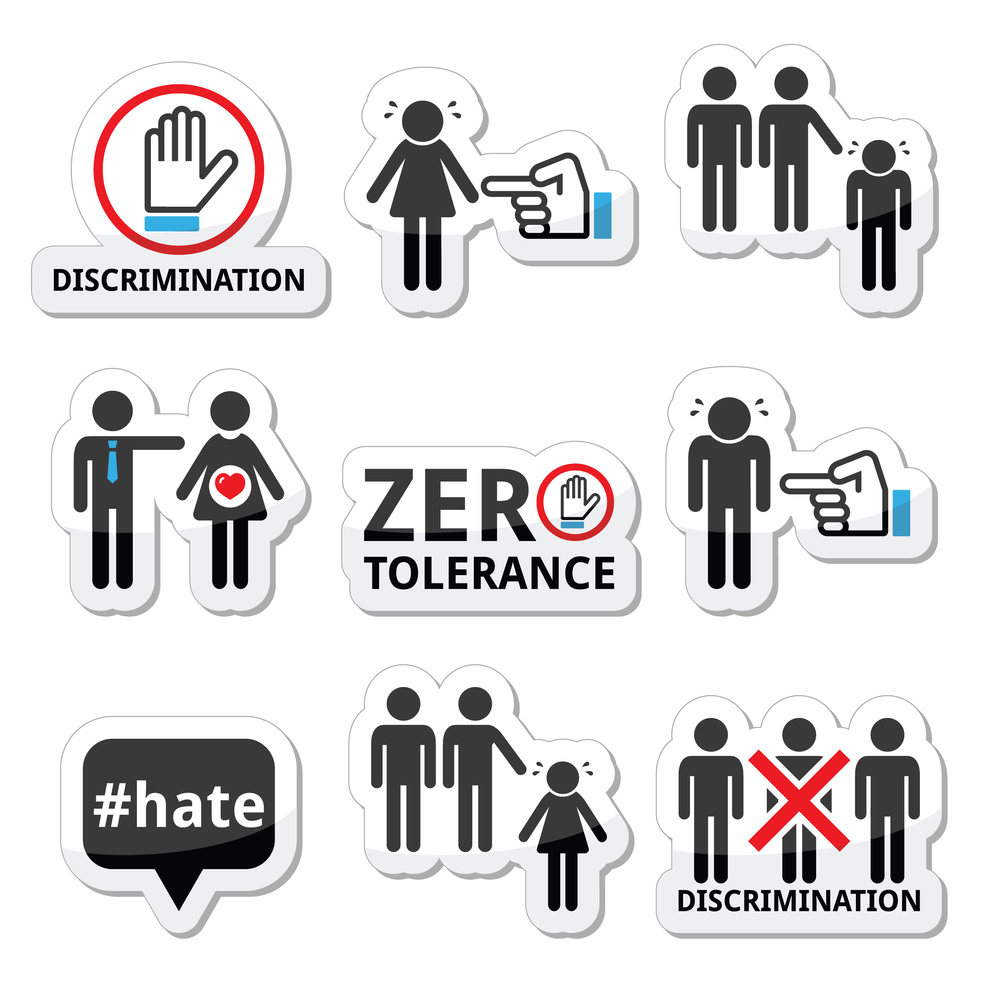Last week’s blog Where Human Rights Meets Human Resources (Part 1) was an insightful Q&A. I asked Alayna Miller, an Employment and Human Rights Lawyer (formerly) with Mann Lawyers about the interconnected topic of human rights and human resources, particularly as it arises in the context of current events.
I will conclude this incredibly current and sensitive discussion here.
Q3. These are complicated times. News headlines describe troubling situations involving various religious and racial minorities (e.g., terrorism, hate crimes, and a lot of rhetoric). As an employer, do I have any responsibilities if these issues seep into my workplace?
 A3. An employer has an obligation to provide a harassment-free and a healthy work environment. Ontario’s human rights legislation does not require an employee to be the direct target of a hateful or harmful religious-based comment at work in order to bring forth a complaint as it recognizes that a workplace that tolerates such comments can become a poisoned one.
A3. An employer has an obligation to provide a harassment-free and a healthy work environment. Ontario’s human rights legislation does not require an employee to be the direct target of a hateful or harmful religious-based comment at work in order to bring forth a complaint as it recognizes that a workplace that tolerates such comments can become a poisoned one.
The employment relationship is an area that legislation has afforded extra protection. Even if a comment would not constitute “hate speech,” it may still create a poisoned environment and constitute harassment in breach of the Human Rights Code: a course of vexatious comment or conduct that is known, or ought reasonably to be known, to be unwelcome. A single instance of an offensive comment, such as labelling an employee a terrorist, or making an off-colour joke about someone’s religion, may trigger a breach.
Complicity can have consequences
This type of rhetoric may emerge amongst employees in the workplace. An employer can be held vicariously liable for the conduct of its own employees if it learns of harassing behaviour and condones it, or if the harassing behaviour is imparted by someone in management. An employer thus has its own obligations in the process once the alleged offensive conduct comes to its attention or they ought to have known about it. Organizations should have a policy in place to address any concerns of harassment brought forth, including those that come to their attention informally. It should treat the complaint seriously, address it promptly, and take steps to ensure that the individual bringing forth the complaint is provided with a harassment-free work environment and is not subject to reprisal. Alternative dispute measures may be offered; however, failing the agreement of all parties to participate, and absent a resolution in that forum, it may be necessary to investigate the concerns. An employer should keep the employee apprised of steps taken to address the complaint and the outcome of it.
These matters should be dealt with promptly to ensure that employees understand that offensive and harassing comments will not be tolerated. Again, an employer may wish to offer training in cultural competency or human rights as a preventative measure.
We have seen a troubling correlation between harmful rhetoric and an increase in hate crimes. An employer has an obligation to ensure that it does not foster or condone either.
Do you need help navigating the world of work? Contact Dr. Helen today for a free and confidential initial consultation by phone, email, or via direct message on Twitter, Facebook, or LinkedIn. If something urgent comes up, I’m also available by a voice or video on Magnifi, an expertise-on-demand app.
Have you ever wished you could get inside the head of a hiring manager? You can. Dr. Helen Ofosu is a Career Coach/Counsellor with a difference. She has worked for organizations to create hiring and screening tools. She’s created countless pre-screening tests, interviews, simulations, and role plays for organizations of all kinds.
Dr. Helen’s training in Industrial and Organizational (I/O) Psychology means she is a genuine expert in evaluating work-related behaviours. She uses those skills to help hiring managers tell the difference between people who say the right things during interviews and people who actually deliver on the job. In other words, Dr. Helen understands first-hand how job candidates are assessed.
More than career coaching, it’s career psychology®.
I/O Advisory Services – Building Resilient Careers and Organizations.
Please share this article using any of the social media icons below.




